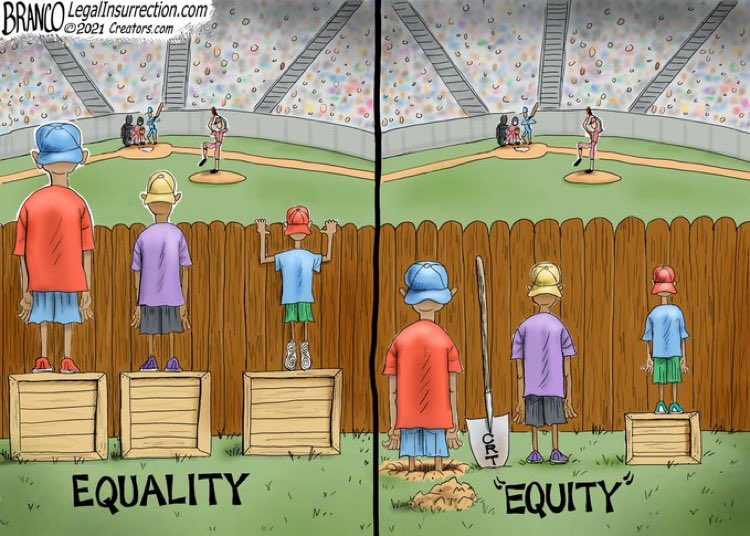
THE 3 RULES OF EFFECTIVE INCENTIVES
Rule #1:
Group incentives do not affect group behavior unless they’re translated to individual incentives.
(examples below; thread)
Rule #1:
Group incentives do not affect group behavior unless they’re translated to individual incentives.
(examples below; thread)
2/ Example: a company-level pollution fine doesn’t influence company behavior unless it’s translated into fines to the individual managers (or the company fine is large enough to meaningfully affect stock price, which is an individual incentive).
3/ Rule #2:
Long-term incentives do not affect behavior unless they are translated into short-term incentives.
Example:
Long-term incentives do not affect behavior unless they are translated into short-term incentives.
Example:
https://twitter.com/dellannaluca/status/1215874162863984640?s=21
4/ The discriminant in the previous example is that those who regularly go to the gym have positive emotional associations with exercising (that incentivize them to exercise).
Only positive emotional associations with the outcome (being fit) isn’t enough.
Only positive emotional associations with the outcome (being fit) isn’t enough.
5/ Rule #3:
Analytical incentives do not affect behavior unless they’re translated into emotional ones.
The bottleneck to action is most often emotional.
After one is aware of the basics, more info doesn’t lubricate action, unless the information created an emotional reaction.
Analytical incentives do not affect behavior unless they’re translated into emotional ones.
The bottleneck to action is most often emotional.
After one is aware of the basics, more info doesn’t lubricate action, unless the information created an emotional reaction.
6/ Also on the topic of effective incentives, my talk at Nudgestock last year:
• • •
Missing some Tweet in this thread? You can try to
force a refresh





